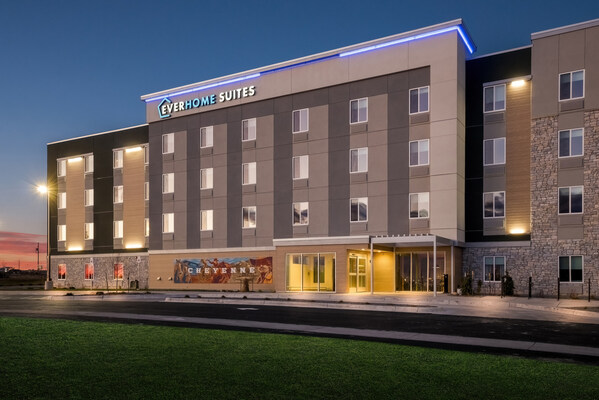The travel industry is constantly evolving to meet the needs of a diverse guest population. Recognizing a growing demographic with unique needs, Hyatt Hotels Corporation is taking a significant step towards creating a more inclusive travel experience for neurodivergent individuals.
This article explores the findings of a recent Hyatt-led survey conducted in collaboration with KultureCity, a leading non-profit focused on sensory accessibility, and NYU’s Tisch Center of Hospitality. The survey aimed to understand the challenges faced by neurodivergent travelers and caregivers, paving the way for improved hotel stays from pre-arrival to check-out.

Understanding Neurodiversity and Its Impact on Travel
Neurodiversity refers to the natural variation in human neurodevelopment and cognitive function. This encompasses individuals with autism spectrum disorder (ASD), dyslexia, attention deficit hyperactivity disorder (ADHD), and other conditions. According to KultureCity, one in four individuals in the US has a sensory need or invisible disability. The survey revealed that over 90% of neurodivergent travelers and their caregivers plan to travel at least once this year, highlighting a significant market segment seeking a more accommodating travel experience.
Smoother Sailing: From Booking to Arrival
Self-Disclosure: The Key to Personalized Care
The survey found that nearly 70% of caregivers and over half of neurodivergent travelers are willing to disclose their neurodiversity during the booking process. This openness allows hotels to provide a more tailored experience. Hyatt, for instance, offers skills training to its staff to enhance the understanding and inclusion of neurodivergent guests. Properties like Hyatt Regency Aqaba Ayla in Jordan, a Certified Autism Center™, demonstrate leadership in this area by equipping staff to cater to guests with sensory sensitivities.
The Power of Visuals: Setting Expectations
More than half of neurodivergent respondents expressed a desire for enhanced visual aids during the booking process. Hyatt has responded by incorporating 3D virtual tours and detailed floorplans on its website properties like Thompson Central Park New York and Grand Hyatt Vail. These features allow travelers to familiarize themselves with the layout and prepare for their stay, reducing potential anxieties.
Creating a Comfortable Space: Room Selection and Flexibility
Location Matters: Accommodating Individual Needs
While pre-assigned rooms can be convenient, the survey indicates that flexibility is crucial. Over 60% of caregivers believe the option to choose a room location would enhance the check-in experience. Both neurodivergent travelers and caregivers agree on the importance of selecting quieter rooms, such as those at the end of hallways or on higher floors. Hyatt empowers travelers with the ability to choose room types, amenities, and even specific locations on its website and app.
Clear Communication: Building Trust and Comfort
While email remains the preferred communication method, the survey highlights a desire for personalized contact. Approximately 30% of neurodivergent travelers value phone calls to discuss their upcoming stay. This preference is even stronger among neurodivergent business travelers. Hyatt addresses this need by offering phone, chat, and social media communication options for pre-arrival inquiries.
A Personalized Welcome: Setting the Stage for a Positive Experience
Digital Check-In/Out: Minimizing Interaction
The survey indicates that over half of neurodivergent travelers prefer to limit interactions with front desk staff upon arrival. Hyatt addresses this by offering digital check-in and check-out options through its app, streamlining the arrival process.
Promoting Wellbeing: In-Room Amenities and Dedicated Spaces
The survey also highlights the importance of in-room amenities that promote relaxation and well-being. Approximately 60% of Millennial and Gen Z neurodivergent travelers and caregivers expressed interest in sleep aids like noise-canceling headphones or white noise machines. Additionally, over half of neurodivergent travelers indicated a desire for access to spaces and resources for self-care practices. Hyatt recognizes the importance of personalized well-being and offers a range of amenities and partnerships, such as access to Headspace content, to cater to diverse guest needs.
A Commitment to Continuous Improvement
Hyatt acknowledges that creating a truly inclusive travel experience is an ongoing journey. The company is committed to working with its disAbilities Diversity Business Resource Group and collaborating with experts like KultureCity to continuously improve its services and offerings. By prioritizing accessibility, clear communication, and personalized care, Hyatt is paving the way for a more welcoming and enriching travel experience for all guests, including those with neurodivergent needs.




